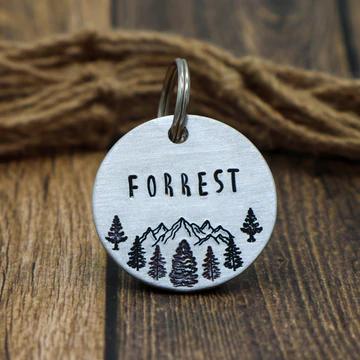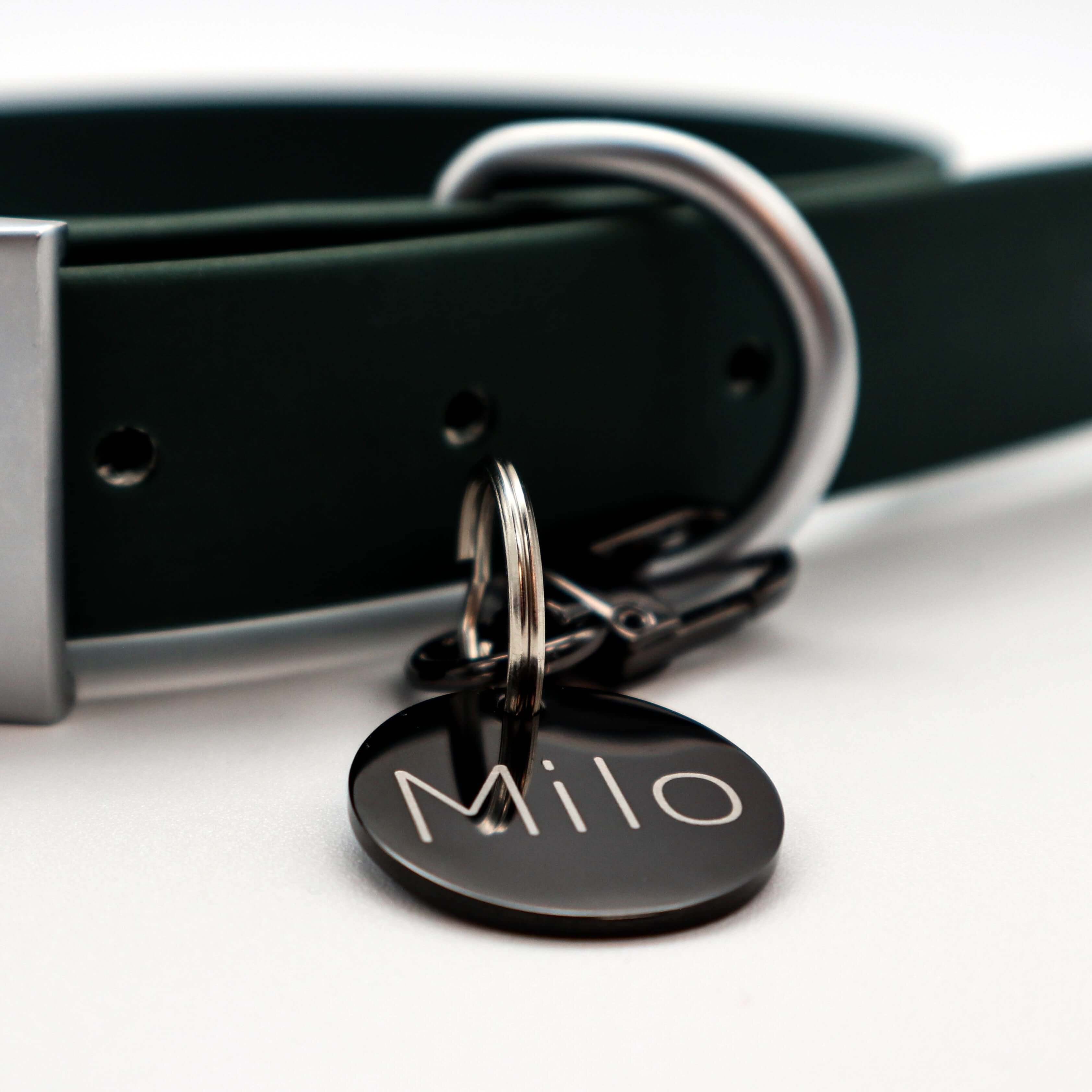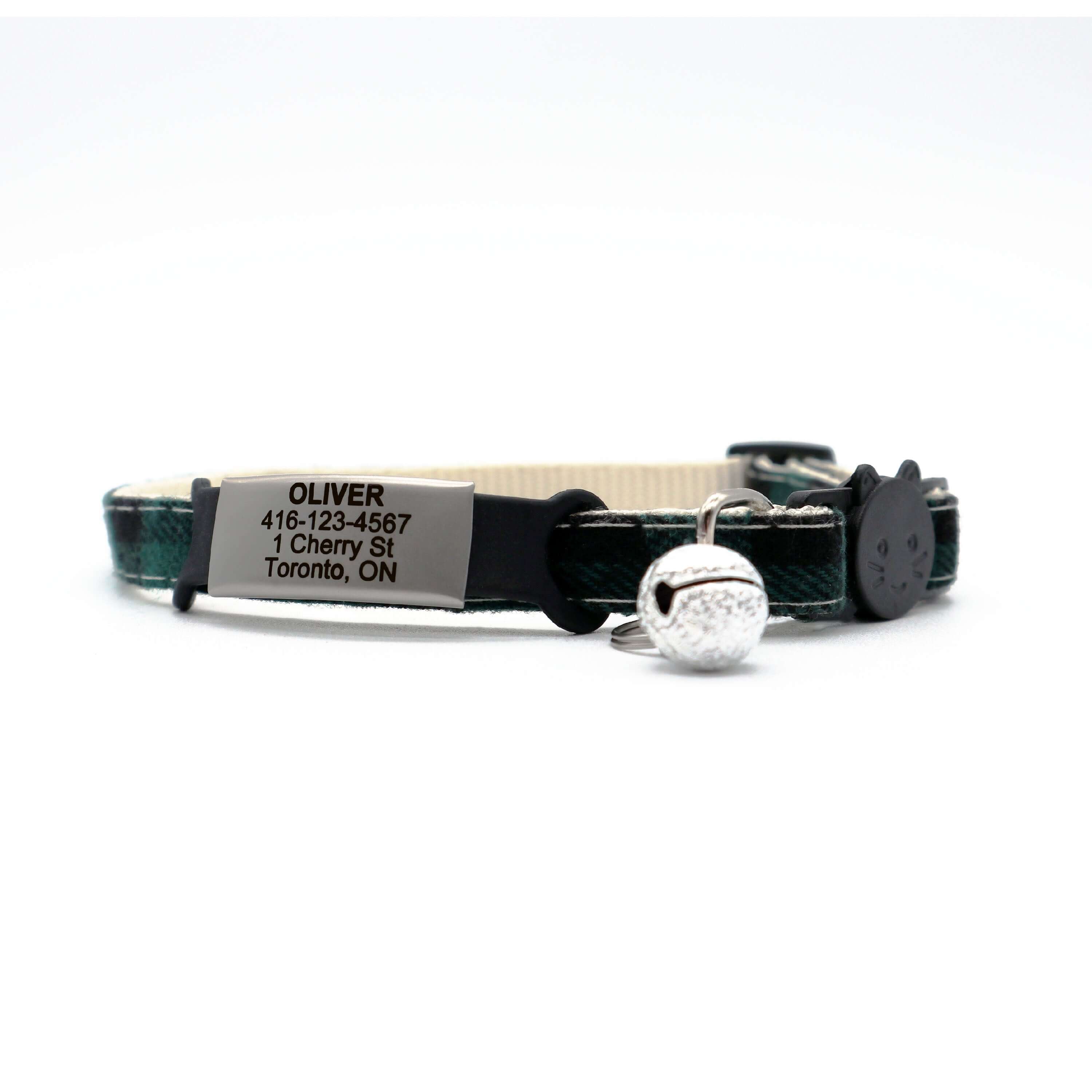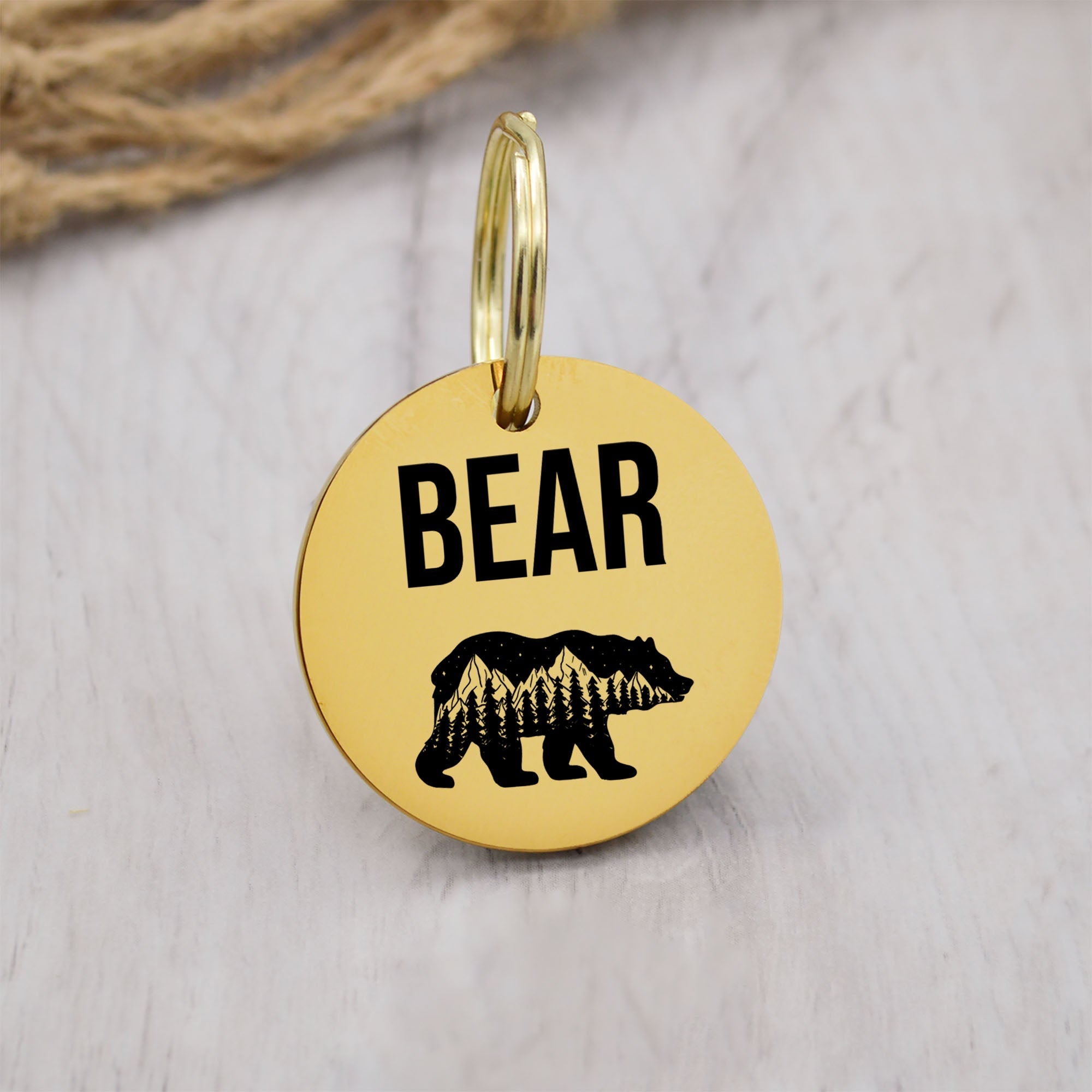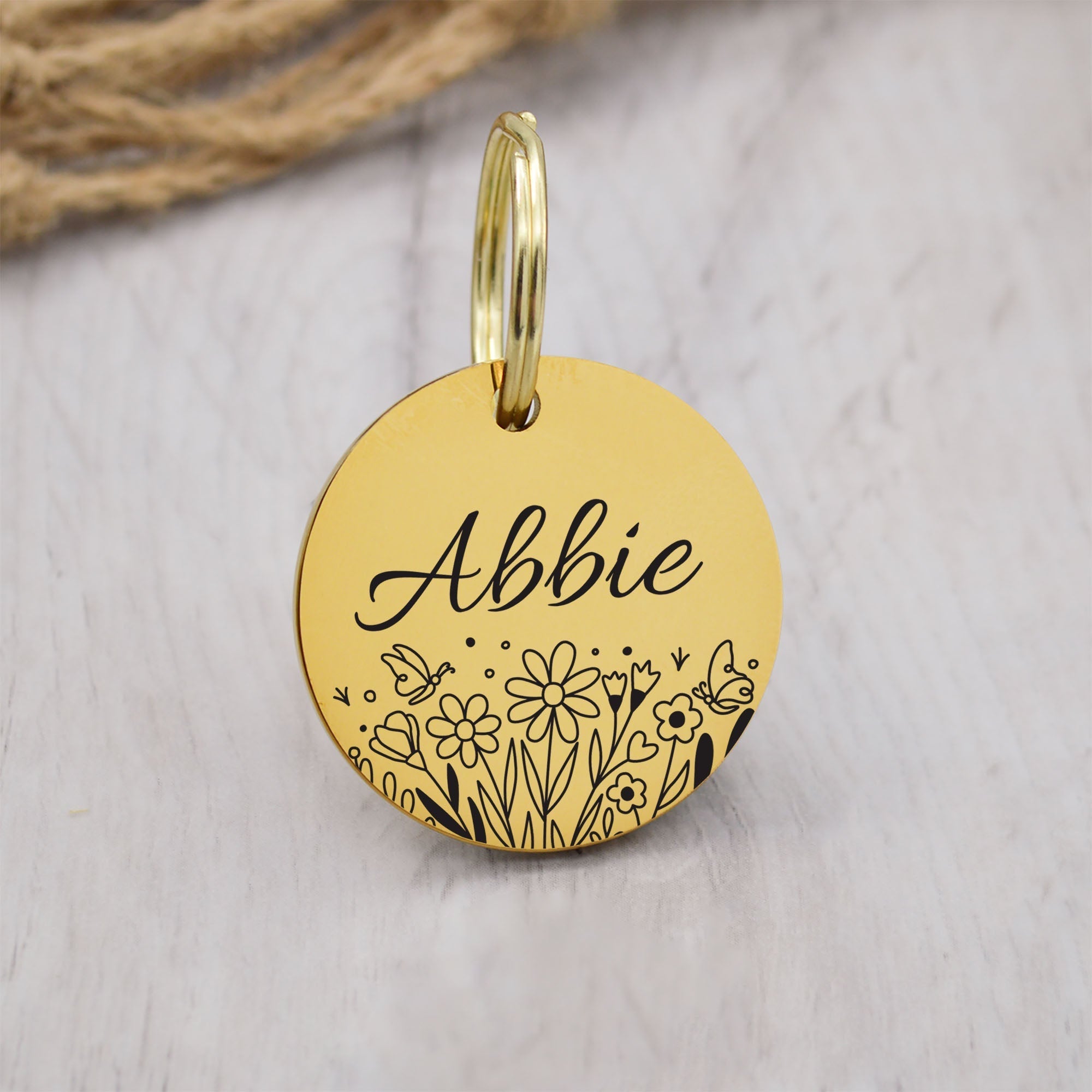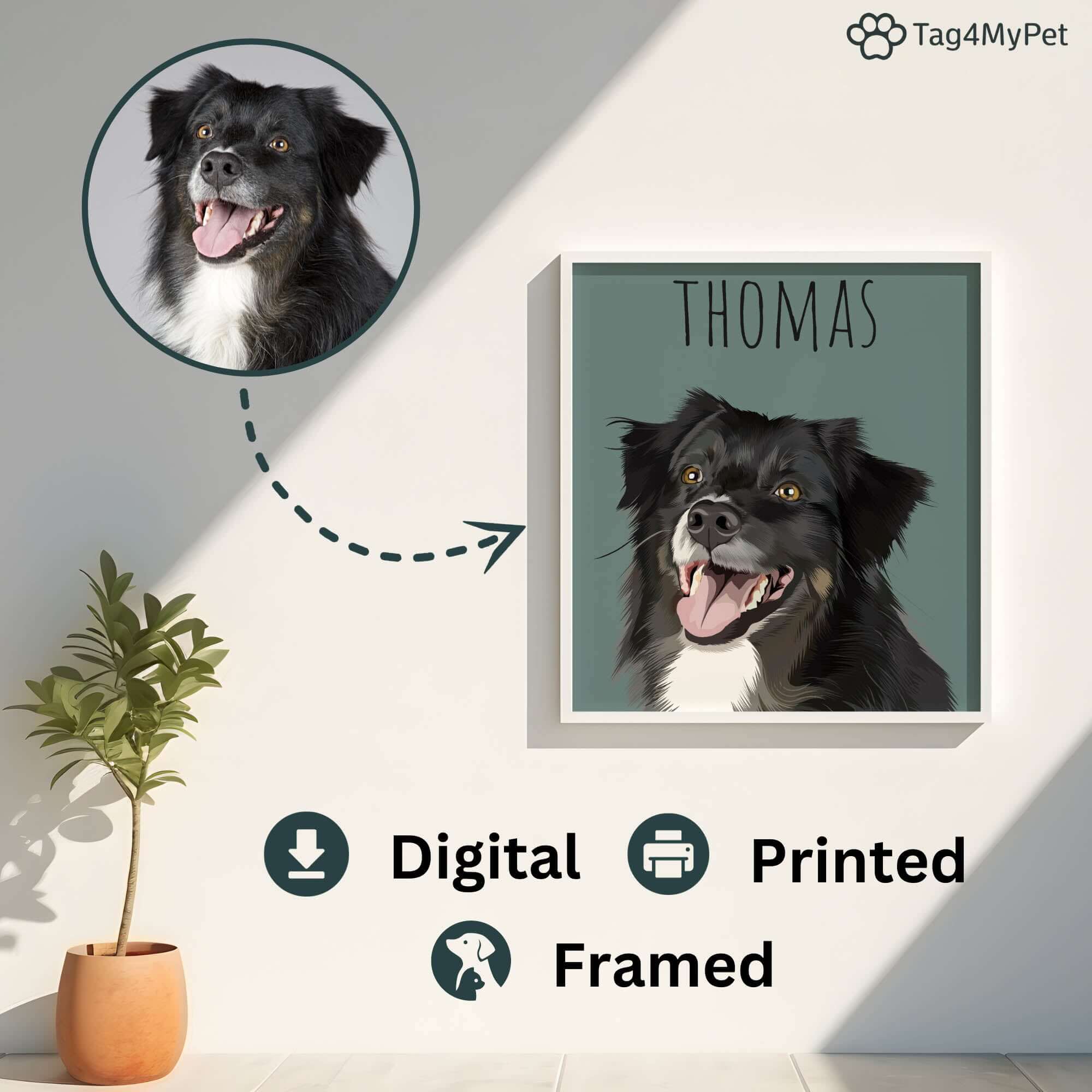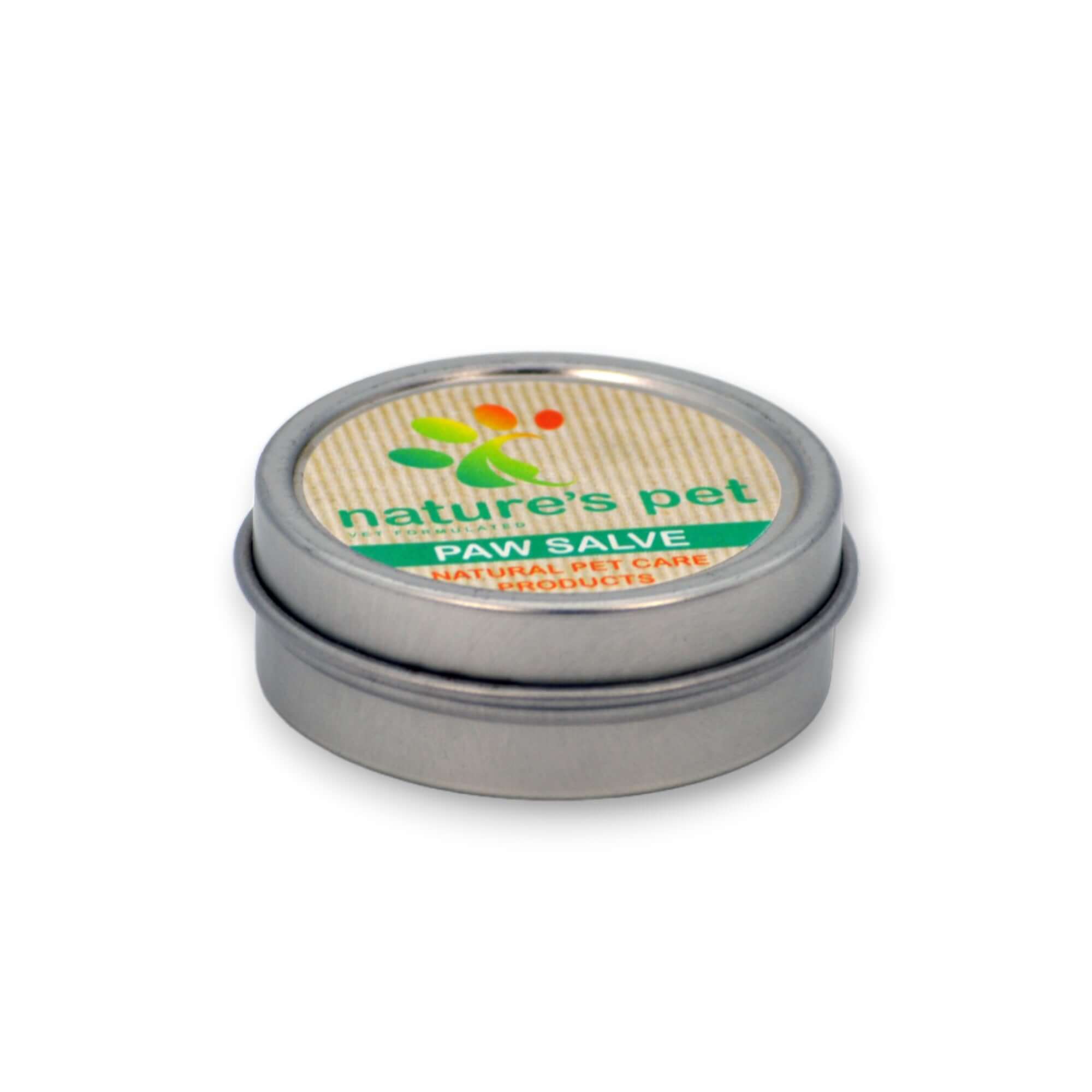Chubby and Greedy Dog. For many, this is synonymous with cuteness, but for veterinarians, it is a sign that something is wrong with the animal's health or behaviour. Excessive appetite in dogs does not always mean hunger, and without knowing this, many owners encourage a habit that can become harmful to the dog's well-being—plus the chance of becoming a compulsion. There are two main reasons why a dog may overeat: when they have a disease that makes them feel hungrier (as in the case of diabetes mellitus and hyperadrenocorticism, which is an excess of cortisol in the body) or due to external stimuli, which can be behavioural problems like anxiety, stress, or boredom or, sorry to say, developed by the attitudes of the owner themselves. Regular vet check-ups are essential in maintaining your dog's health and preventing overeating. Your vet can help identify any underlying health issues that may be causing your dog to overeat and provide guidance on how to address the issue.

Gluttony vs. Compulsion
Both gluttony and compulsion are characterized by eating without being hungry. The difference is that compulsion (called polyphagia in veterinary medicine) occurs when an animal eats too much for several consecutive days and nothing distracts them from food, or rather, from the act (and habit) of eating a lot. In this case, the problem is much more serious than mere gluttony and should be addressed by specialists. If you suspect your dog is overeating or developing a compulsion, it's important to consult with your veterinarian. They can help identify the underlying cause and provide guidance on how to address the issue. It's worth noting that science has suggested that some dogs are naturally more gluttonous—and here lies the danger, as they can develop compulsion if not controlled. Care must be taken with "gluttonous" breeds predisposed to obesity, such as Labradors, Beagles, and Cockers. Understanding your dog's breed and needs is critical to preventing overeating and obesity. Different breeds have different nutritional requirements and may be more prone to certain health issues. By tailoring your approach to your dog's specific needs, you can help prevent them from overeating and developing obesity-related health issues. Therefore, correct feeding habits are not just important, they are crucial. As an owner, you have the power to prevent your dog from overeating and developing behavioral problems. It may seem obvious, but it's worth emphasizing: a dog that eats uncontrollably, whether from pure gluttony or compulsion, will increasingly gain weight and, consequently, become obese. By understanding and managing your dog's feeding habits, you can play a significant role in their health and well-being. Obesity, which consists of an excess of body fat, brings many serious health issues to the dog, potentially affecting breathing, joints, and metabolism, as well as significantly reducing life expectancy. This is not just about your dog's appearance, it's about their health and quality of life. It's a serious matter that requires your attention and action.

Owners Also Make Mistakes
Does your dog look at you with that "beggar" face when eating something? Then, of course, you feel a pang in your chest and give them a piece... Some might think this does not harm, but at times like these, the owner creates bad habits in the dog, which can trigger compulsion and extra pounds. Owners have complete control over their pets' feeding, and their beliefs and perceptions about this management and care will directly influence their pets' food consumption. One of the main mistakes is leaving the food bowl always full. Therefore, it is important to be careful with the amount of food offered, especially with treats. Treats provide extra calories and should not be given to dogs in abundance or several times during the day. Moreover, they are not complete foods: even those made from natural ingredients do not contain all the nutrients a dog requires daily. Therefore, they should only be offered as a reward to the pet for good behavior, during practical training, inside educational toys, or when they learn habits like urinating in the right place, for example. This way, they associate tricks and correct behaviour with this reward. Positive reinforcement is key in preventing overeating and obesity. By rewarding your dog for good behaviour, you can encourage them to continue behaving well and prevent them from turning to food for comfort or entertainment. Another problem is that if the animal eats treats all the time just out of gluttony, the treat will lose its value, making it difficult to train the animal. Offering snacks just to please and encouraging the habit of asking for food during mealtime are other factors that can lead dogs and cats to obesity.
Identifying the Problem
The cause of the problem may also lie in the animal itself, related to its emotions. Dogs that do not receive stimulation for most of the day may end up taking out their lack of activity on food. The same happens with stressed pets. But it's worth remembering that, although behavior influences, this dog will only eat more than normal if the food is available to them, meaning the responsibility lies with the owner! This also means that you have the power to manage and control your dog's eating habits. With the right knowledge and actions, you can help your dog maintain a healthy weight and prevent overeating. Behavioural disorders themselves (like compulsion) may manifest even in dogs that have a defined feeding routine, which makes it easier to identify. In such cases, the pet may eat less quickly or refuse food. It is essential that the owner knows their dog's eating habits to determine if something is wrong with the pet's diet. Just like humans, each animal has its ways and preferences when it comes to food.

Shop Dog Tags Canada
By Dr. Sofia Castillo
